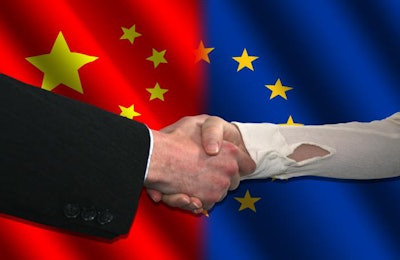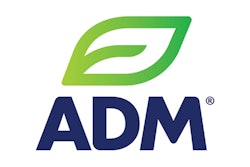
If there were any doubt that developing pet food markets like China are well on their way to becoming global players, consider this: in March 2017, KKR, a global investment firm active in the pet market, invested in Gambol Group, a Chinese pet food company. Six months earlier, a Chinese investment firm, Hillsdown Capital Management, acquired Gimborn, a pet treat manufacturer based in Germany.
Gambol likely attracted KKR’s interest because of its existing influence outside of China, such as in the US, where it has grown into the largest private-label supplier of pet treats to Walmart. KKR’s investment cemented its status on the international scene.
This focus on growing markets is not limited to China: in May 2017, German pet food company Interquell formed a joint venture in Thailand called Happy Pet, mimicking its leading Happy Cat and Happy Dog brands in its home region.
The new, fascinating interplay between Asia and more established regions like North America and Western Europe may signal the future of the global industry. “In my opinion, this is the start of a wave of acquisitions – certainly in Europe – originating in China that will change the rules of the game somewhat,” commented Marcel Blok, a longtime European industry consultant who is now also working with Chinese companies.
This year has also brought acquisitions of private label manufacturers by companies not traditionally aligned with that sector of industry. Most notable was ingredient supplier ADM Animal Nutrition’s January 2017 purchase of Crosswinds, a contract pet treat manufacturer (www.PetfoodIndustry.com/articles/6421).
“Certainly in highly saturated (pet food) regions, a further consolidation of the industry seems unavoidable,” Blok said, noting specifically “second tier” companies in terms of market size. “These types of companies offer an extension of opportunity …. Extension can be new geographic markets and product formats that will make the difference in the future.”
















